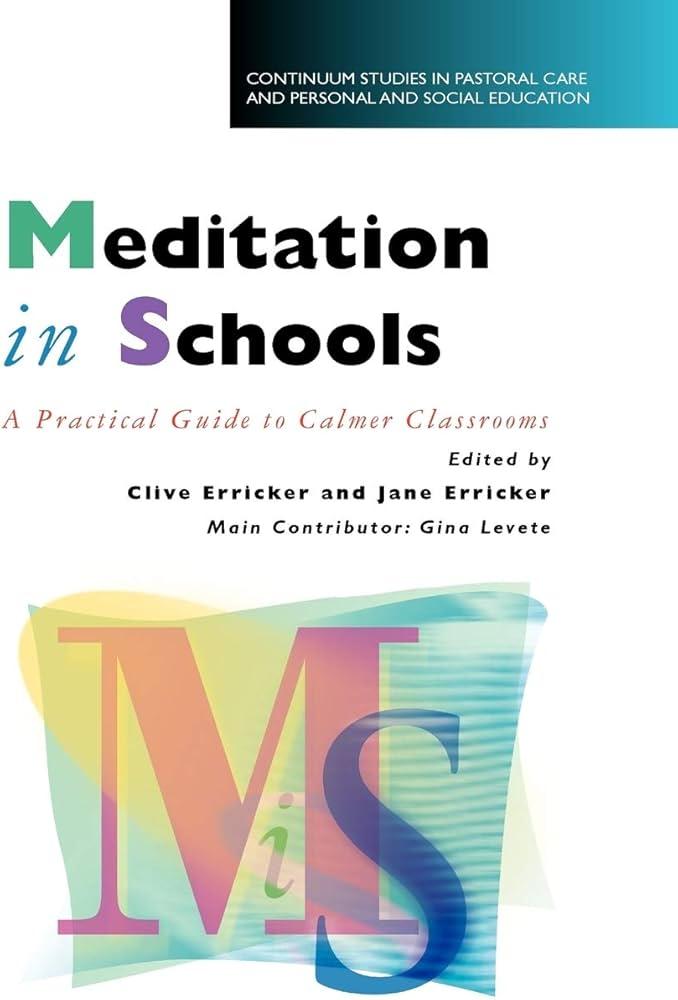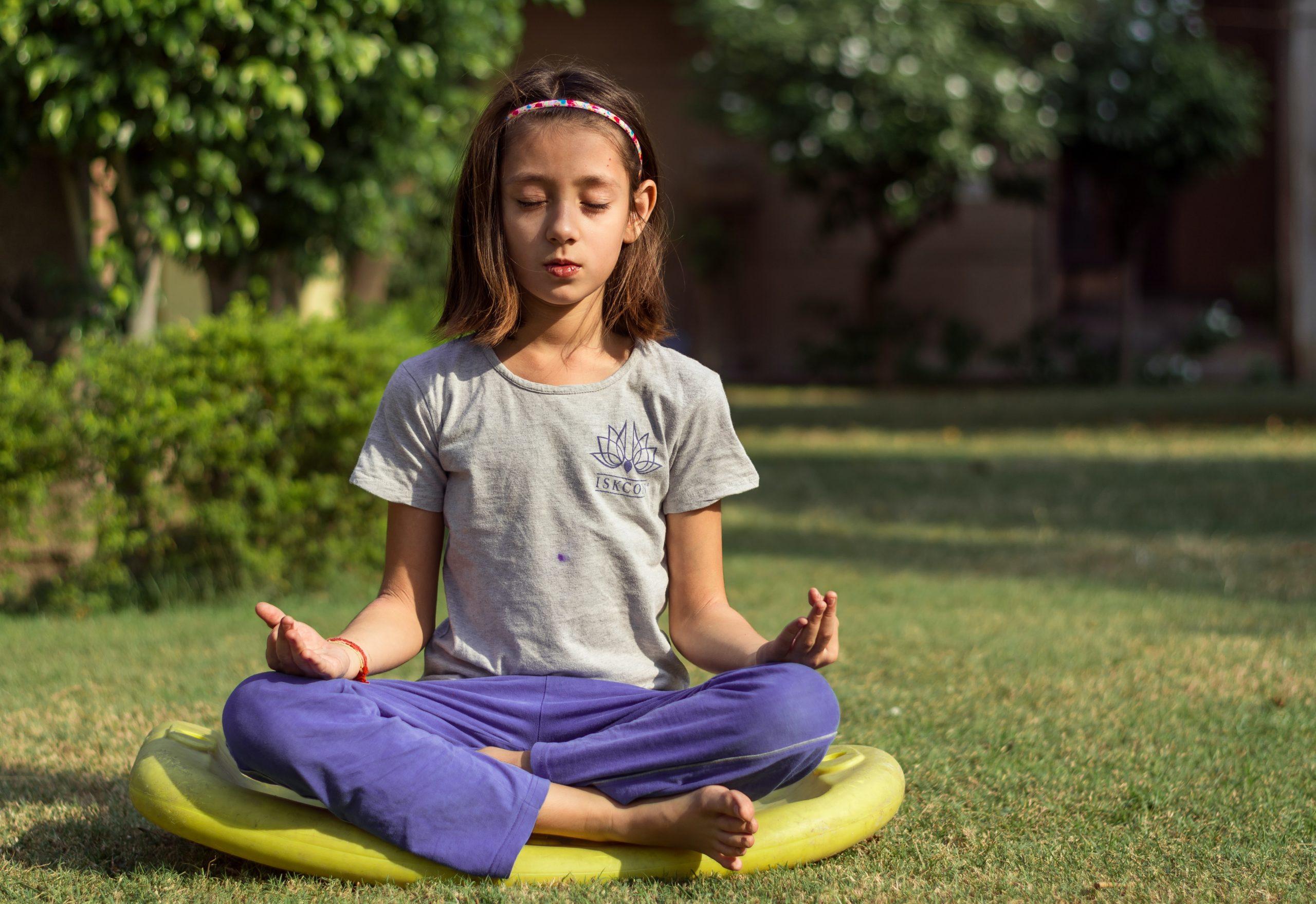In a world that seems to spin faster with each passing day, the pressures of modern life do not spare even the youngest among us. From the classroom to the playground, children are navigating a complex web of expectations, responsibilities, and social dynamics that can leave them feeling overwhelmed. As the conversation around mental health broadens, a curious proposition has emerged: could the ancient practice of meditation offer a sanctuary for young minds amid the chaos? This article delves into the intriguing question of whether children should be taught meditation as a tool for stress management, exploring the potential benefits and challenges of introducing this age-old practice into the lives of our youth. As we embark on this exploration, we aim to uncover the quiet power of mindfulness and its potential to foster resilience in the face of life’s inevitable storms.
Benefits of Meditation in Childhood Development
- Emotional Regulation: Introducing meditation to children can enhance their ability to manage emotions effectively. Through consistent practice, young minds learn to navigate their feelings with greater ease, leading to improved emotional stability.
- Enhanced Focus: Meditation encourages children to concentrate better, boosting their attention spans and aiding their academic performance. By learning to quiet their minds, children can hone their focus and engage more fully with their educational activities.
- Stress Reduction: In a world where children face increasing pressures from school and social interactions, meditation serves as a powerful tool for stress relief. It provides them with a sanctuary of calm, enabling them to process stress in a healthy and constructive manner.
- Improved Self-Awareness: Meditation fosters a deeper understanding of the self, helping children to recognize their thoughts and feelings without judgment. This self-awareness can lead to greater confidence and a stronger sense of identity.
Incorporating meditation into childhood development can nurture a more balanced, resilient, and mindful generation. By equipping children with these skills early on, we empower them to handle life’s challenges with grace and wisdom.

Exploring Techniques Suitable for Young Minds
Introducing meditation to children can be both a playful and educational experience. The focus should be on making the practice enjoyable and relatable to their everyday lives. Here are some techniques that can be tailored for young minds:
- Guided Imagery: Encourage children to visualize peaceful scenes, such as a serene beach or a quiet forest. This helps them create a mental escape, fostering relaxation and reducing anxiety.
- Mindful Breathing: Teach kids to focus on their breath, using simple exercises like counting inhales and exhales. This technique can be easily incorporated into their daily routine, promoting calmness and concentration.
- Story-Based Meditation: Create stories that integrate meditation themes. Children can engage with characters who practice calming techniques, making meditation a narrative adventure.
- Movement Meditation: Incorporate gentle movements or yoga poses that align with breathing patterns. This keeps active minds engaged while instilling a sense of balance and focus.
These techniques, infused with creativity and fun, can help children explore the benefits of meditation, equipping them with valuable tools for managing stress effectively.

Integrating Meditation into School Curriculums
Incorporating meditation into school curriculums can serve as a vital tool for nurturing mental well-being among students. As stress levels rise due to academic pressures and social dynamics, schools are exploring holistic approaches to education. Meditation offers a myriad of benefits that can help students navigate these challenges with greater resilience. By fostering a calm and focused mind, meditation encourages improved concentration, emotional regulation, and a deeper sense of self-awareness. Such skills are invaluable, not just within the classroom but in life beyond school walls.
- Improved Focus: Regular practice can enhance students’ attention spans, enabling them to engage more deeply with their studies.
- Emotional Balance: Meditation helps in developing emotional intelligence, allowing students to handle conflicts and challenges with a balanced mindset.
- Stress Reduction: Techniques such as mindful breathing can lower anxiety levels, promoting a healthier school environment.
- Empathy and Compassion: Students learn to understand and empathize with others, fostering a more inclusive and supportive community.
By integrating these practices, schools not only aim to improve academic performance but also to equip students with tools for lifelong well-being. The inclusion of meditation in education represents a progressive step towards a more holistic development model, aligning mental and emotional growth with academic learning.

Expert Recommendations for Parents and Educators
Incorporating meditation into children’s routines is increasingly advocated by experts who recognize its potential benefits for stress management. According to child psychologists and educators, meditation can be a powerful tool to help children navigate the pressures of modern life. Mindfulness practices are suggested to enhance focus, reduce anxiety, and improve emotional regulation. By integrating short, guided meditation sessions into the school day or at home, children can develop a valuable skill set that aids in stress reduction.
- Start Small: Introduce brief, age-appropriate meditation exercises.
- Consistency is Key: Establish a regular routine to make meditation a habit.
- Create a Calm Environment: Designate a quiet, comfortable space for practice.
- Use Guided Meditations: Leverage apps or videos tailored for children.
